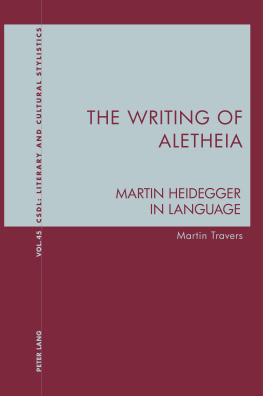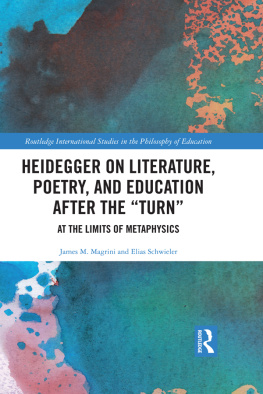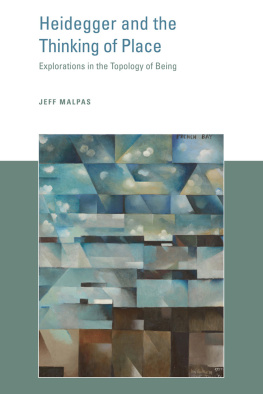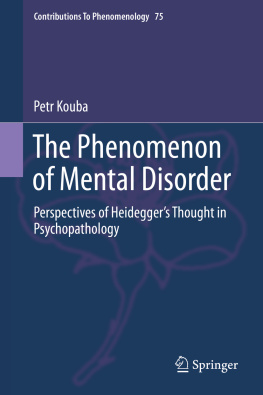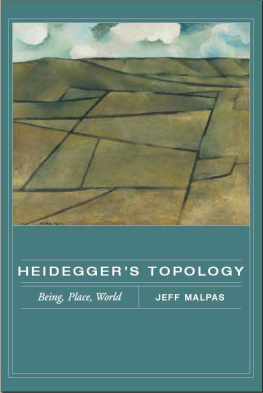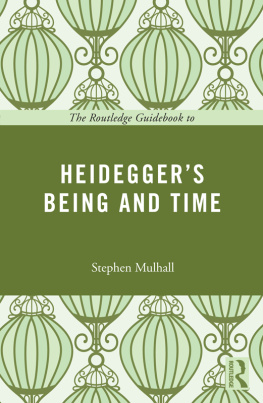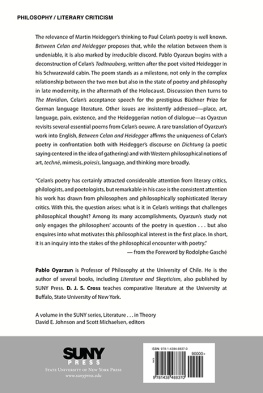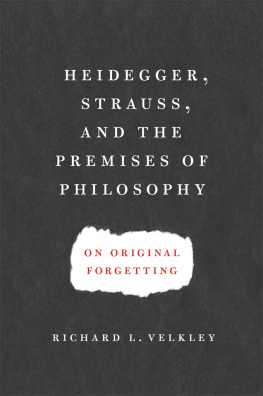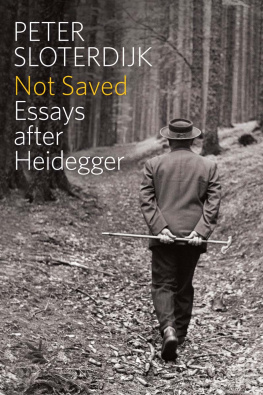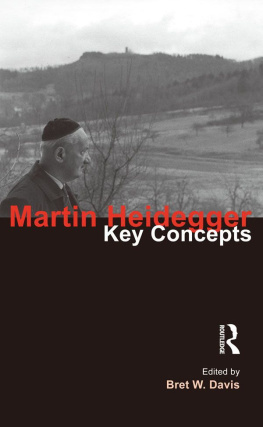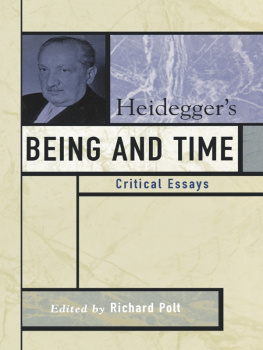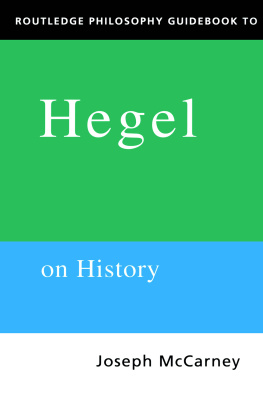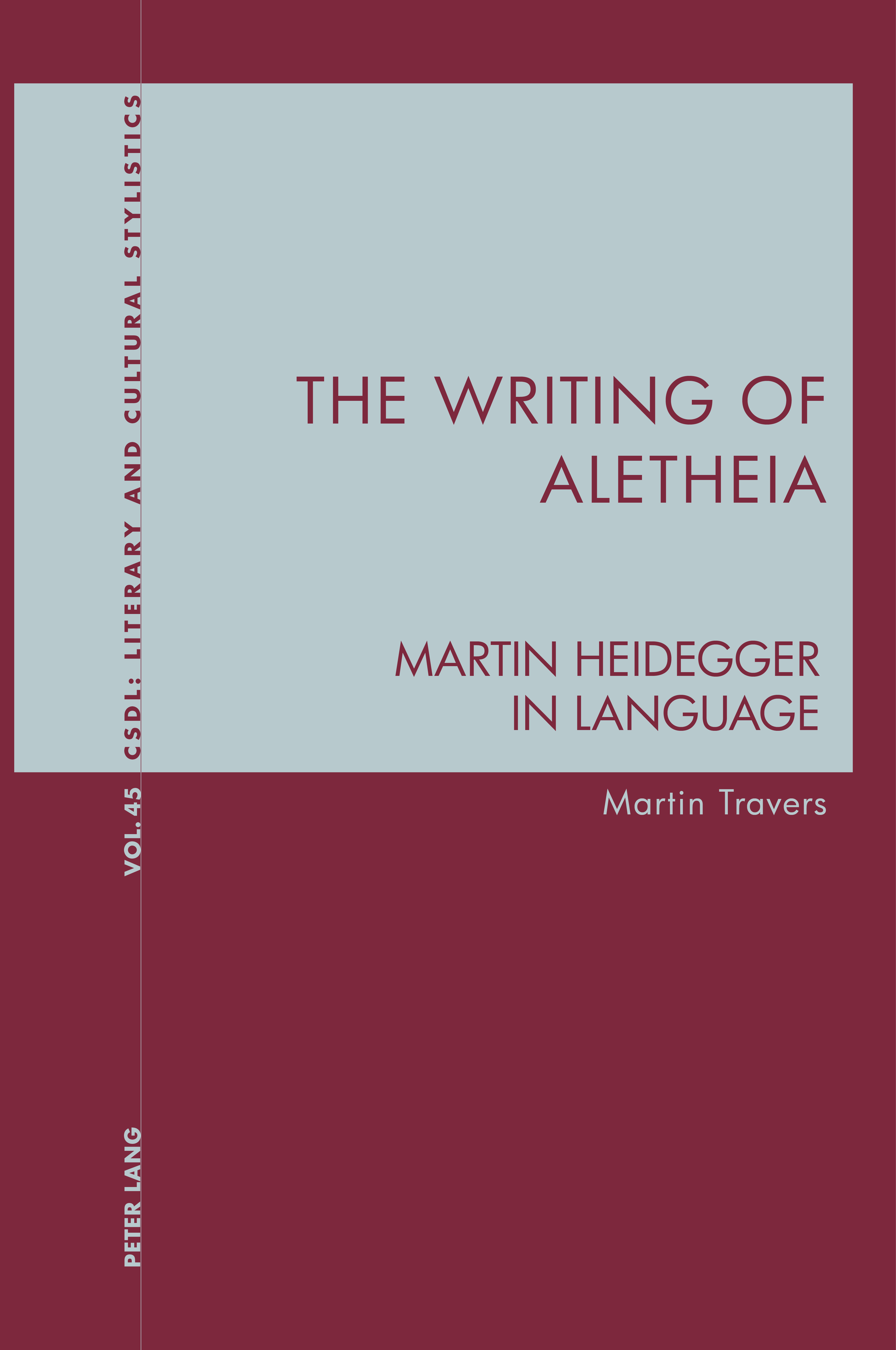Contemporary Studies
in Descriptive Linguistics
Literary and Cultural Stylistics
Vol. 45
Edited by
Professor Graeme Davis & Karl A. Bernhardt

PETER LANG
Oxford Bern Berlin Bruxelles New York Wien
Martin Travers
The Writing of Aletheia
Martin Heidegger
In Language

PETER LANG
Oxford Bern Berlin Bruxelles New York Wien
Bibliographic information published by Die Deutsche Nationalbibliothek
Die Deutsche Nationalbibliothek lists this publication in the Deutsche Nationalbibliografie; detailed bibliographic data is available on the Internet at http://dnb.d-nb.de .
A catalogue record for this book is available from the British Library.
Library of Congress Cataloging-in-Publication Data
A CIP catalog record for this book has been applied for at the Library of Congress.
Cover design by Peter Lang Ltd.
ISSN 1660-9301
ISBN 978-1-78874-671-7 (print) ISBN 978-1-78874-672-4 (ePDF)
ISBN 978-1-78874-673-1 (ePub) ISBN 978-1-78874-674-8 (mobi)
Peter Lang AG 2019
Published by Peter Lang Ltd, International Academic Publishers,
52 St Giles, Oxford, OX1 3LU, United Kingdom
oxford@peterlang.com, www.peterlang.com
Martin Travers has asserted his right under the Copyright, Designs and Patents Act, 1988, to be identified as Author of this Work.
All rights reserved.
All parts of this publication are protected by copyright.
Any utilisation outside the strict limits of the copyright law, without the permission of the publisher, is forbidden and liable to prosecution.
This applies in particular to reproductions, translations, microfilming, and storage and processing in electronic retrieval systems.
This publication has been peer reviewed.
About the author
MARTIN TRAVERS is a Senior Research Fellow in the School of Humanities, Griffith University, Brisbane. He was educated at the universities of East Anglia, Tbingen and Cambridge and has published widely in the areas of German and comparative literature. He is the author of books on Thomas Mann, the literature of the Conservative Revolution and Gottfried Benn.
About the book
Martin Heidegger was engaged in a continual struggle to find words new words, both descriptive and analytical for his radical form of philosophy. This tendency can be traced from Being and Time , where he elaborated an entirely new vocabulary for his ontological enquiry; to Contributions to Philosophy , which saw him committed to a transformation of language; to later essays on poets such as Rilke and Trakl in On the Way to Language .
The Writing of Aletheia is the first study to appear in either English or German that provides a full account of Heideggers language and writing style. Focusing not only on his major philosophical works but also on his lectures, public talks and poetry, this book explores the complex textuality of Heideggers writing: the elaborate chains of wordplay and neologistic formations; the often oblique, circuitous and regressive exposition of his ideas; the infamous tautologies; the startling modification of grammatical rules and syntax; the idiosyncratic typography of his texts; the rhetorical devices, imagery and symbolism; and the tone and voice of his writing. All of these aspects betray not only his will to structure and his assertiveness but also his ongoing self-questioning and reflectiveness about the ultimate goal of his philosophical quest.
This eBook can be cited
This edition of the eBook can be cited. To enable this we have marked the start and end of a page. In cases where a word straddles a page break, the marker is placed inside the word at exactly the same position as in the physical book. This means that occasionally a word might be bifurcated by this marker.
Two sections of this book incorporate and rework material that has already been published: the third section of Chapter 4 initially appeared as Die Blume des Mundes: The Poetry of Martin Heidegger in Oxford German Studies 41 (2012): 82102. The third section of Chapter 5 appeared as Trees, Rivers and Gods: Paganism in the Work of Martin Heidegger in Journal of European Studies 48 (2018): 133143. I would like to thank the editors of those journals, T. J. Reed and John Flower respectively, for their constructive contribution to those articles. Thanks also go to my wife, Ann, for her meticulous editorial work and for being able to see not only the wood but the trees. I dedicate this book to her and to my three daughters, Charlotte, Isabel and Lucie. vii | viii viii | 1
His philosophy is extremely obscure. One cannot help suspecting that language is here running riot.
Bertrand Russell, Wisdom of the West (New York, 1989)
Every path of thought leads in a strange way, more or less perceptively, through language, Heidegger tells us in his essay, The Question Concerning Technology (Die Frage nach der Technik) (GA 7: 7). 2
The result was a body of texts that pushed the conventions, both semantic and grammatical, of what we must (temporarily at least) call ordinary language to previously unseen limits. Even those readers, such as Karl Jaspers, who could not accept much of the content of Heideggers philosophy found themselves enthralled by his language. As Jaspers remarked after his initial reading of Being and Time in 1927, now I had before me a work that, through the intensity of its execution, the constructivist nature of its conceptuality, the accuracy of an often-illuminating new use of words, made an immediate impression (98).
Not all of Heideggers contemporaries responded with such enthusiasm. In 1931, Rudolf Carnap, exponent of the logical-positivist school in philosophy, published The Overcoming of Metaphysics through Logical Analysis of Language (berwindung der Metaphysik durch logische Analyse der Sprache). His target in this essay was what he regarded as the semantically vacuous nature of metaphysical statements, which are pseudo-statements, because the language they use to describe the world is incapable of verification or objective assessment. The meaning that such language generates is a false and illusionary one, the result of a figurative and stylistic lgret de main . As Carnap argues, the meaningless words of metaphysics usually have their origin in the fact that a meaningful word is deprived of its meaning through its metaphorical use (230). As an example, Carnap gives a passage from Heideggers lecture What is Metaphysics? (Was ist die Metaphysik?), which includes the phrase nothing nothings (das Nichts nichtet) (229). This sentence, Carnap argues, represents a violation of logical syntax. It is meaningless, and for two reasons: firstly, because it is based on the mistake of employing the word nothing as a noun (instead of simply using it as a predicate of is, as in there is nothing in the room), and secondly, it fabricates the meaningless word to nothing, which has no dictionary status. Such statements are neither true nor false, and hence tell us nothing about the world because a hypothesis must be capable of entering into relations of deducability with (true or false) empirical statements, which is just what pseudo-statements cannot do (232). Because Heideggers words 2 |
And then in 1964 appeared the most trenchant critique of Heidegger and his language: Theodor Adornos The Jargon of Authenticity ( Jargon der Eigentlichkeit: Zur deutschen Ideologie ). Adorno depicts Heidegger here as a representative of a broader movement in contemporary German thinking, existentialism, a movement that included not only Heidegger but also Karl Jaspers and Martin Buber, along with lesser known figures such as Otto Friedrich Bollnow and Ulrich Sonnemann. These are the promoters of a cult of authenticity that seeks to establish a realm of pure interiority within what it regards as the debased and valueless culture of modernity (8). But instead of providing an objectively informed analysis of this culture, Adorno argues, their work simply mystifies the problem by promoting a counter ideology made up from nebulous quasi-religious terminology, sacerdotal words such as transcendence, inwardness and authenticity (10). This is a jargon, untouched by history (9 and 8), which simply obscures the real plight of modern culture, which lies in the commodity values of late capitalism. It is ideology as language (132).

